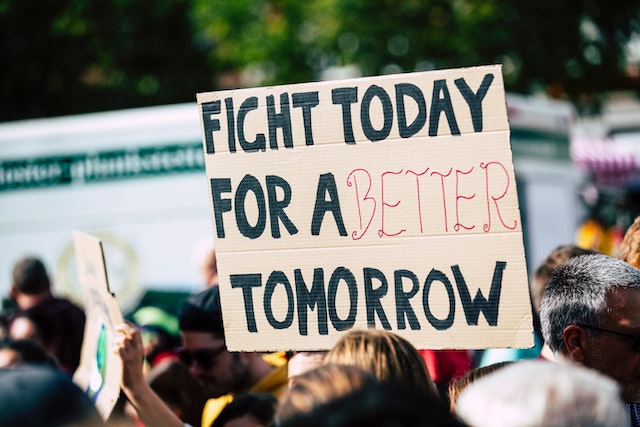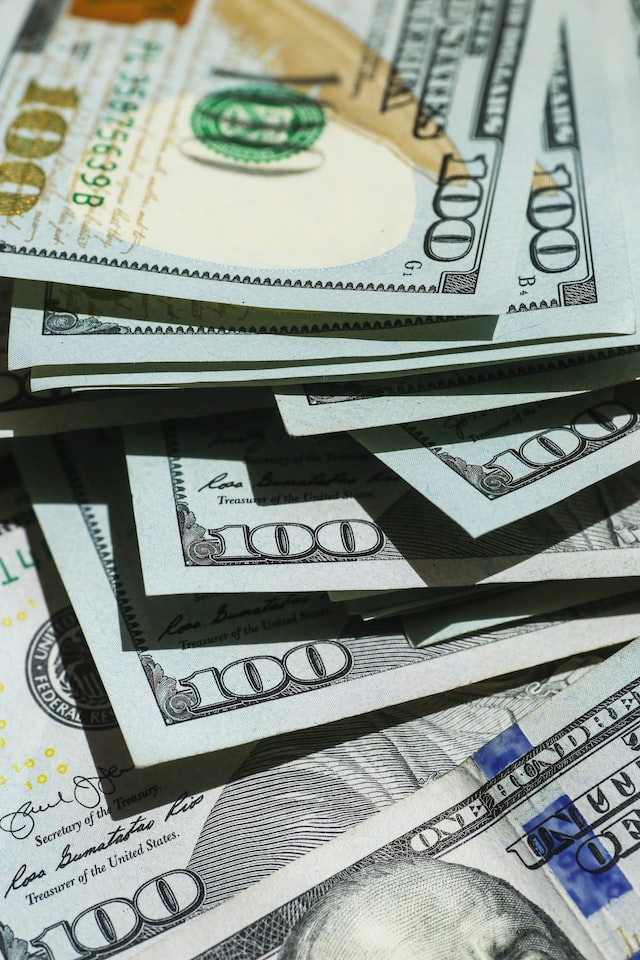What is the Major Responsibility of a Banking Expert Witness?
There are many different types of banking laws and various specializations in these laws. To find an expert witness banking with specific knowledge of the laws, you should look for an expert witness with a background in the banking industry. The following sections will outline some of the major responsibilities of a banking expert witness.
Experience
To qualify as a banking expert witness, you must have substantial experience and knowledge of the banking industry. You should also have a proven track record of qualifying as an expert in the field. Banking expert witnesses may form expert opinions, draft expert witness reports, or testify at trial on a wide range of topics, including fraud, mortgage lending, foreclosure, breach of contract, and fiduciary duty. Attorneys can contact these experts directly.
Qualifications
When selecting a banking expert witness, you must consider a few factors. The first, of course, is experience. The right expert will have years of relevant experience in banking. That means they have a broad knowledge of banking practices, including payment processing, check processing, kiting, and float management. In addition, they must have the ability to speak authoritatively about specific financial topics.
Second, a banking expert witness must have extensive experience in the industry. In addition to having extensive knowledge of banking, they must have testified on the same topics before. It is especially important for new expert witnesses since there is a higher likelihood of mistakes. Having multiple years of experience as an expert witness is also an advantage, as this will give a jury a more credible opinion. Finally, banking experts should have at least a Master’s degree.
Primary duty
A banking expert witness can assist attorneys in various bank and banking cases. These disputes can result from various factors, including commercial banking practices, internal bank policies, and false and misleading financial statements. In addition, although banks and banking are highly regulated, their practices are still subject to legal scrutiny. As a result, banking expert witnesses may be necessary in a wide range of cases, from simple lending disputes to major conflicts involving management from several financial institutions.
While there are certain duties that an expert witness must perform, the most important duty is to serve the court. This duty supersedes any other obligations the expert witness may have, such as those of the paying or instructing party. Therefore, expert witnesses should provide objective, unbiased, and fact-based evidence. For example, a bank expert witness must not favor one party over another in their testimony. In addition, expert witnesses must be truthful in their factual statements and thorough in their technical reasoning. They must also ensure that their report is complete and accurate.
Chain of custody
A banking expert witness has many responsibilities, but none is more significant than maintaining a chain of custody. Maintaining a chain of custody is crucial for legal proceedings and establishing evidence’s validity in court. The documentation of this process involves conducting relevant interviews, documenting findings, and establishing ownership of the evidence. Yet, despite its importance, the Chain of custody is often given only minimal consideration.
In addition to forming expert opinions and drafting expert witness reports, a banking expert witness also provides testimony in court cases. Banking expert witnesses may provide testimony on financial institutions and the legal aspects of lending and foreclosure. They may testify about fraud, lender liability, breach of contract, and valuation of assets. Their clients may seek the services of a banking expert witness to present evidence in a financial case.









